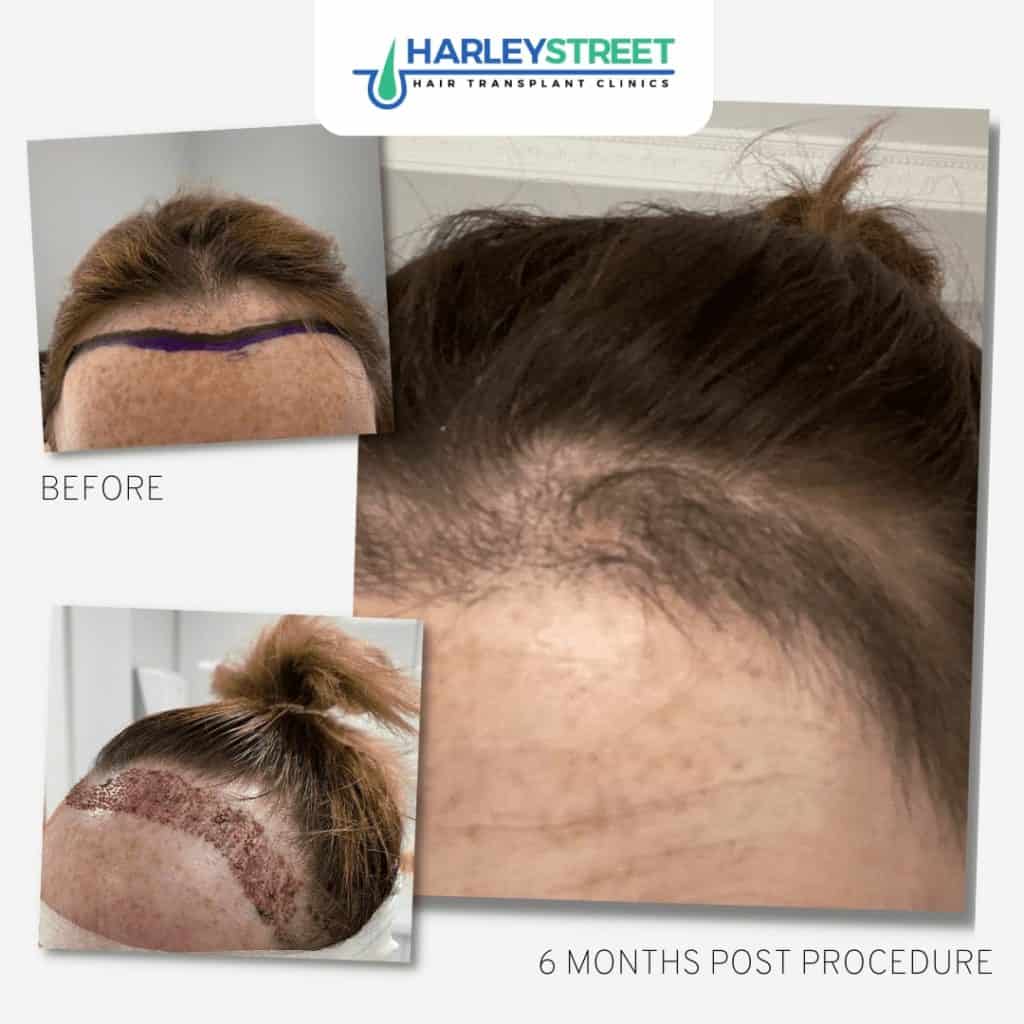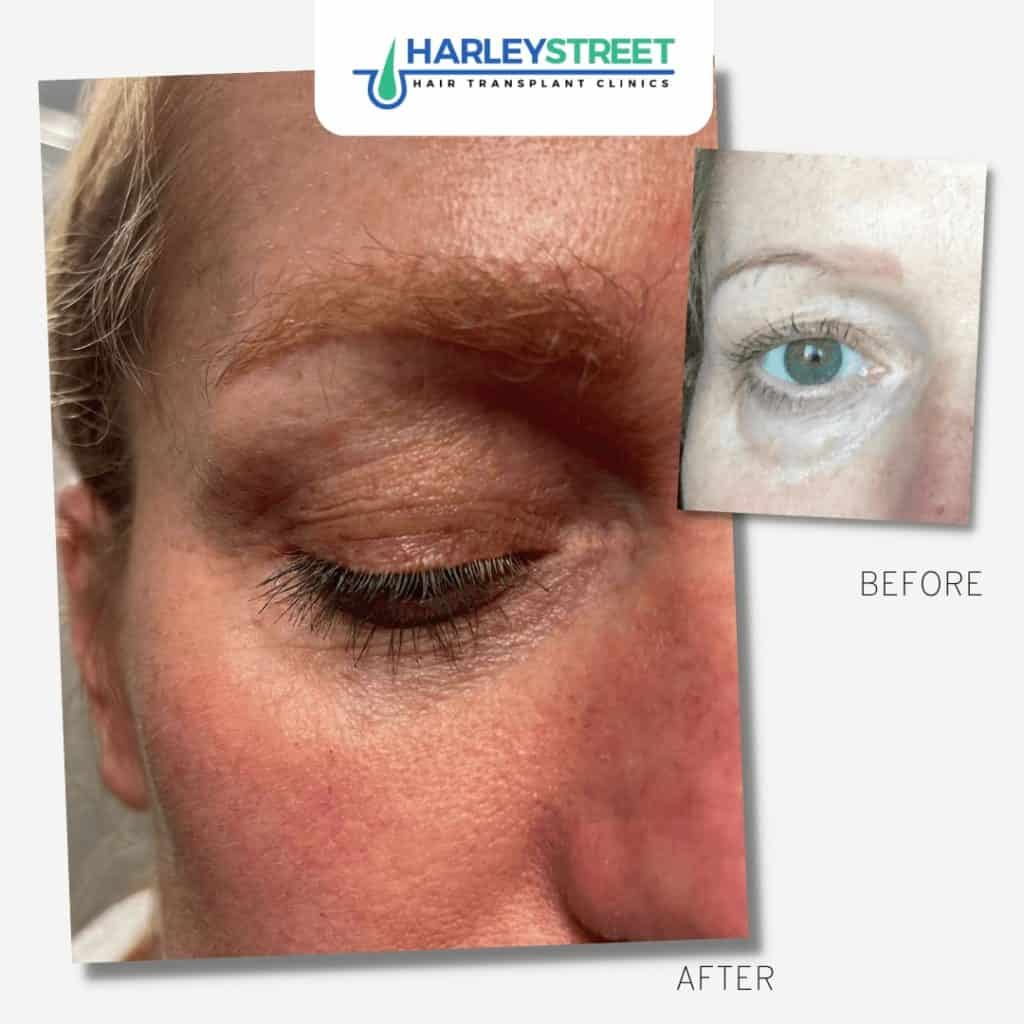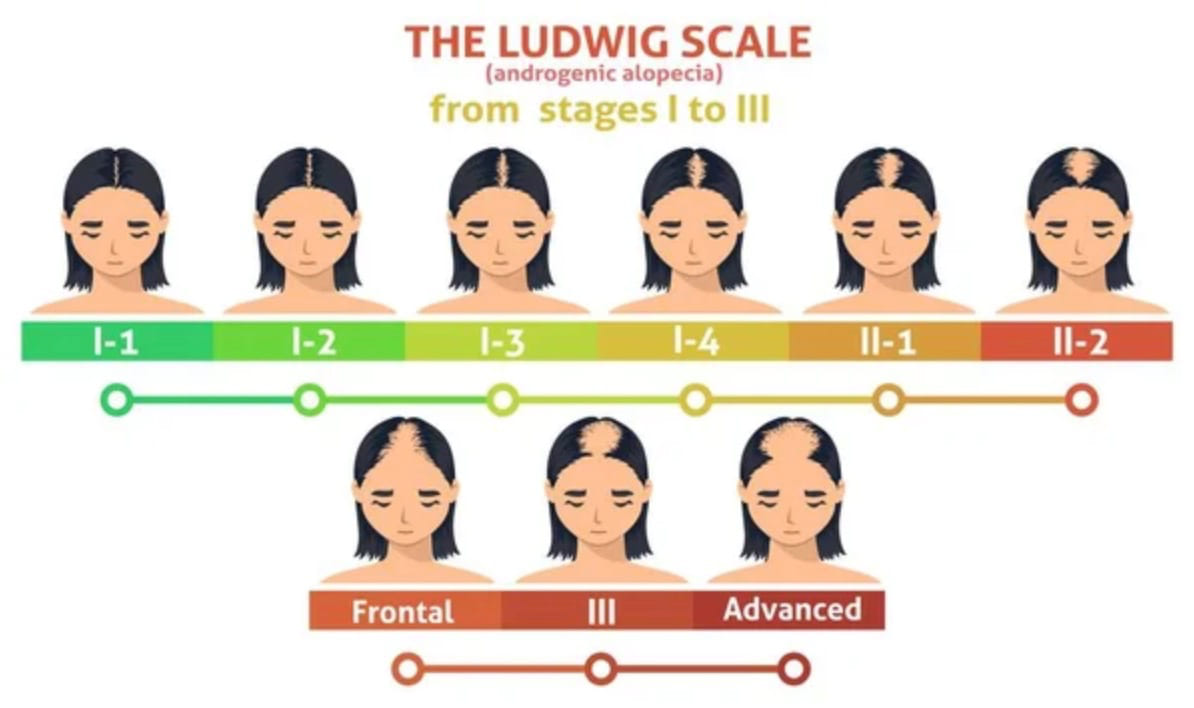Across the UK, it is estimated that 8 million women are currently suffering with hair loss symptoms. What is perhaps even more alarming is that 40% of women have stated hair loss as a major component in marital problems, and 63% believe it affects their career as well (British Medical Journal, 2005).
The cause of women’s hair loss varies much more than men. Whilst more than 95% of men suffering with hair loss have a condition called male pattern baldness (androgenic alopecia), female hair loss is much more complex.
Around 40% of all female hair loss cases can be explained by hereditary pattern baldness (androgenic alopecia). This leaves 60% of women suffering with hair loss symptoms from extraneous causes. These may include, but are not limited to stress related hair loss, chemotherapy treatments, menopausal symptoms, and harsh styling methods (curling & heat products).
In most cases, a hair transplant can only be offered out to patients who are suffering with a case of permanent hair loss, such as androgenic alopecia. This is where the hair follicles on the head shed and do not grow back.
If you suffer with female pattern baldness or would like a hair transplant in an area where there are no hair follicles (e.g. hairline lowering surgery), then you are likely to be eligible for a FUE hair transplant.
Alternatively, if you suffer with a temporary form of hair loss, such as alopecia areata, then you will likely not be eligible for surgery. This is because your hair is likely to grow back naturally, negating the need for a transplant. In these cases, we may recommend a non surgical alternative such as a PRP hair treatment.
















